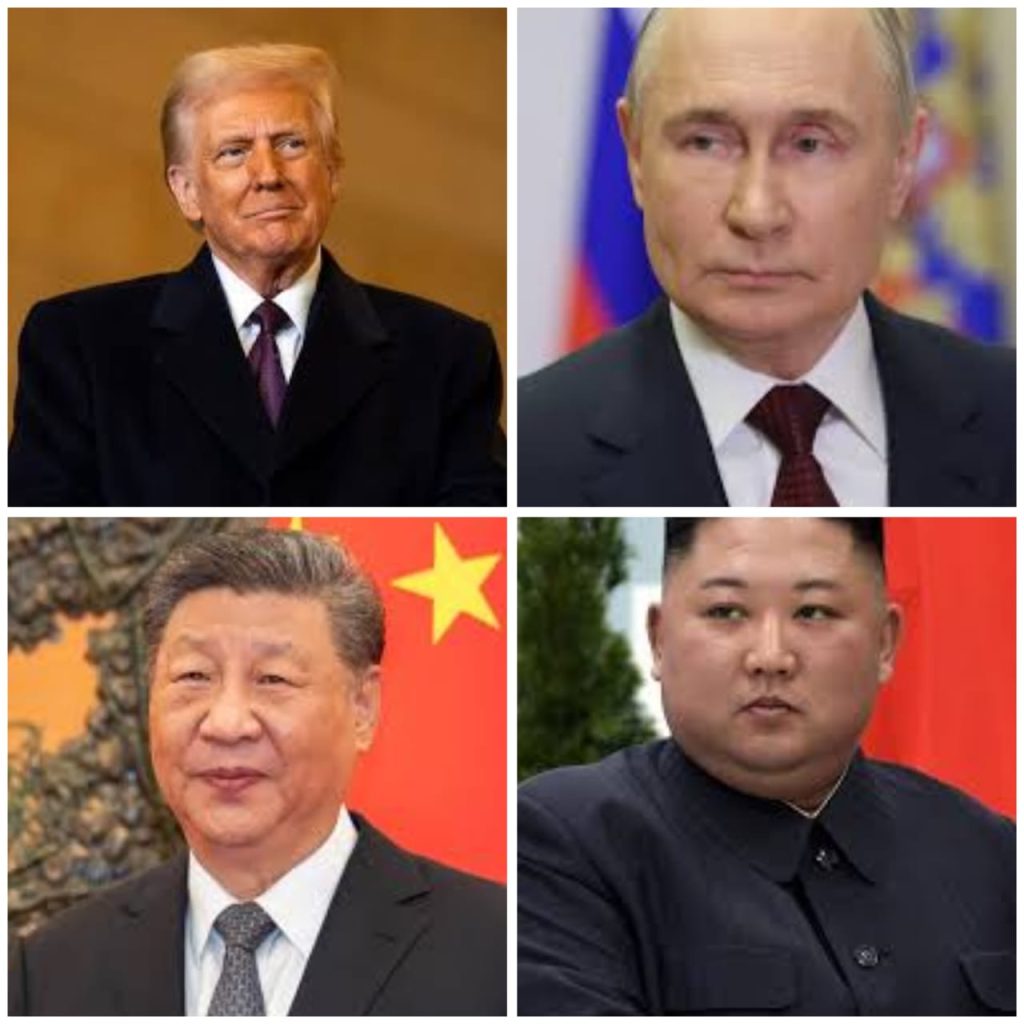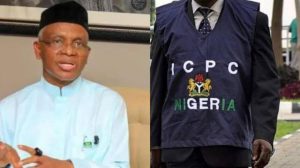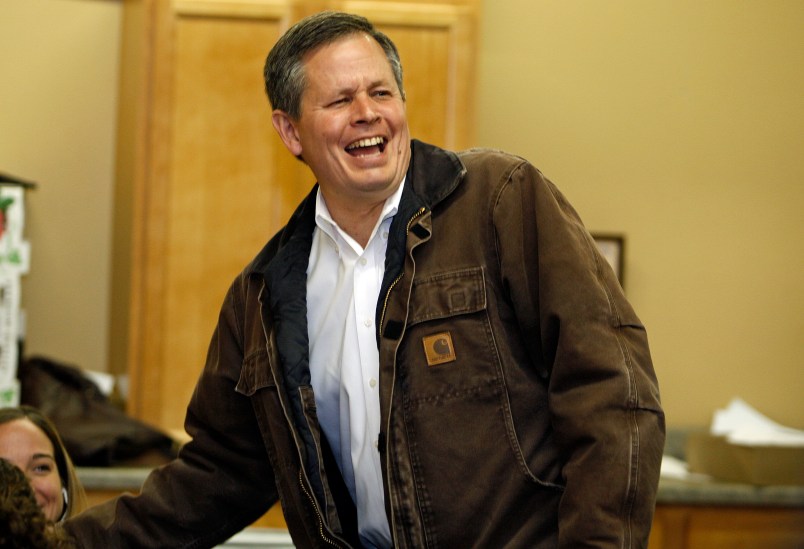
In a world still recovering from the aftermath of a pandemic, economic shocks, and political disillusionment, the rise of strongman politics is making a dramatic comeback. From Vladimir Putin’s iron grip on Russia to Xi Jinping’s unyielding control of China, Kim Jong Un’s continued saber-rattling in North Korea, and even Emmanuel Macron’s recent shift toward assertive nationalism, there’s a palpable global trend. This renewed wave of muscular leadership has only grown stronger since Donald Trump’s stunning return to the White House for a second term in 2024.
The world is watching, some with admiration, others with deep concern, as tough-talking, chest-thumping, autocratic-leaning leaders dominate the headlines once again. The question many are asking is: Are we witnessing the end of liberal democracy as we know it, and the rebirth of an era dominated by fear, conflict, and unchecked state power?
The 21st century was supposed to be the age of diplomacy, democracy, and soft power. But cracks have widened in that vision. Trump’s re-election shattered assumptions that populist nationalism was a temporary detour. Instead, it emboldened leaders across continents to shed any remaining pretenses of global cooperation.
In Russia, Vladimir Putin, already the archetype of strongman rule, grew bolder. With NATO divided and U.S. foreign policy tilting inward again, Putin’s military campaigns have expanded beyond Ukraine, reigniting Cold War-era anxieties in Eastern Europe. Putin’s tactics are no longer about just holding power; they’re about reshaping the world order in Russia’s favor.
In China, Xi Jinping has tightened control in ways that evoke the Maoist era – suppressing dissent, heightening surveillance, and preparing the military for potential confrontations in Taiwan and the South China Sea. Meanwhile, North Korea’s Kim Jong Un has leveraged the West’s distractions to ramp up nuclear tests and rhetoric, making the Korean peninsula a flashpoint once more.
Even in the West, where democracy has long been held sacred, leaders are taking cues from these authoritarian styles. France’s Emmanuel Macron, once hailed as a centrist reformer, is adopting tougher immigration policies, bypassing parliamentary checks, and embracing a more forceful persona in both domestic and foreign affairs. Hungary’s Viktor Orbán and Turkey’s Recep Tayyip Erdoğan have long walked this path. Now, they feel vindicated.
The Trump Effect
Trump’s second term has been the catalyst. While he talks of “America First,” the real message to the world is, strength wins. His disdain for traditional alliances like NATO, his crackdown on media, and his populist rhetoric have sent a clear signal, compromise is weakness. Democracy, for many, is becoming an inconvenient burden rather than a guiding principle.
Countries previously demilitarizing and leaning toward peaceful diplomacy are beginning to reverse course. Japan, after decades of pacifism, is rapidly rearming. Germany is investing more in its defense budget than at any point since World War II. In the Middle East, leaders like Mohammed bin Salman are embracing both economic modernization and political repression in equal measure.
The world, it seems, is moving from dialogue to deterrence, from diplomacy to dominance.
While some analysts argue that strong leadership brings clarity and direction in chaotic times, history tells us that such concentrated power often leads to conflict. The last time the world was swept by such a wave of authoritarianism, it led to world wars.
Already, border skirmishes, military build-ups, and economic nationalism are on the rise. The danger lies not just in what these leaders may do but how they react to each other. A single miscalculation between nuclear-armed states could trigger catastrophe.
Moreover, internal repression tends to follow external aggression. Journalists, dissidents, and minority groups are often the first to suffer under strongman regimes. Civil liberties are eroded in the name of national pride, and opposition voices are branded as traitorous.
The Road Ahead
The resurgence of strongmen is a reflection of a world that feels uncertain, unsafe, and unmoored. People are seeking security, and in many places, that security is being promised through power, not peace. But the illusion of control can be dangerous.
The world must now decide if it will resist this wave, through civic engagement, robust institutions, and international solidarity, or will it succumb to the seductive promise of order through force?
The return of strongmen is not just a shift in politics, it is a battle for the soul of the 21st century. Whether it leads to renewed conflict or a recalibration of global order depends not just on leaders, but on the people willing to hold them accountable.
Moji Danisa is a seasoned journalist, author, and media consultant. She writes on global politics, societal change, and human rights.




